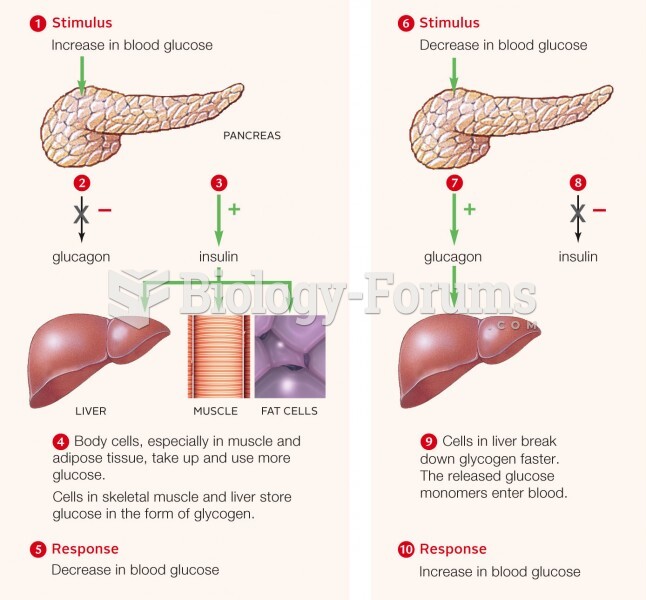This topic contains a solution. Click here to go to the answer
|
|
|
Did you know?
Intradermal injections are somewhat difficult to correctly administer because the skin layers are so thin that it is easy to accidentally punch through to the deeper subcutaneous layer.
Did you know?
Blood is approximately twice as thick as water because of the cells and other components found in it.
Did you know?
The term pharmacology is derived from the Greek words pharmakon("claim, medicine, poison, or remedy") and logos ("study").
Did you know?
The first documented use of surgical anesthesia in the United States was in Connecticut in 1844.
Did you know?
On average, someone in the United States has a stroke about every 40 seconds. This is about 795,000 people per year.







